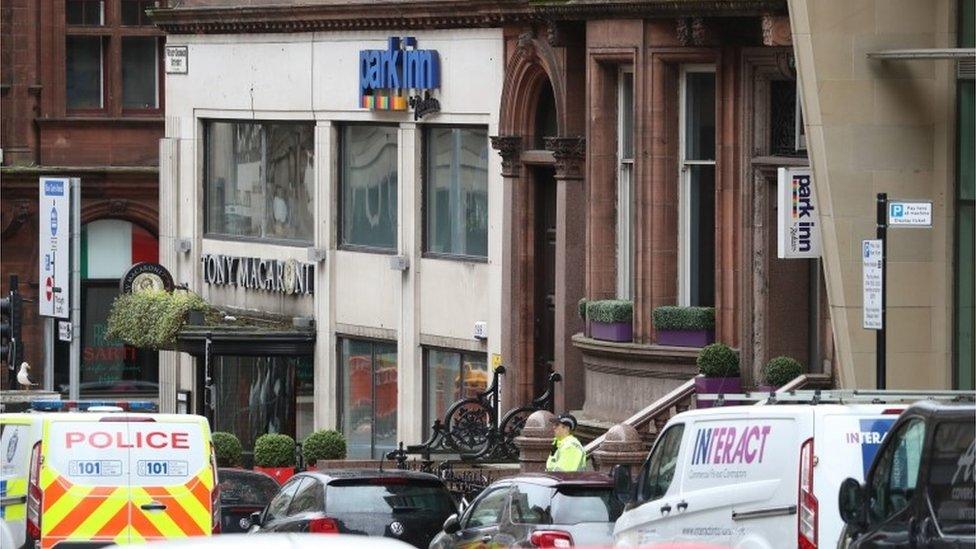Ban on new asylum seekers to Scotland 'could last for years'
- Published
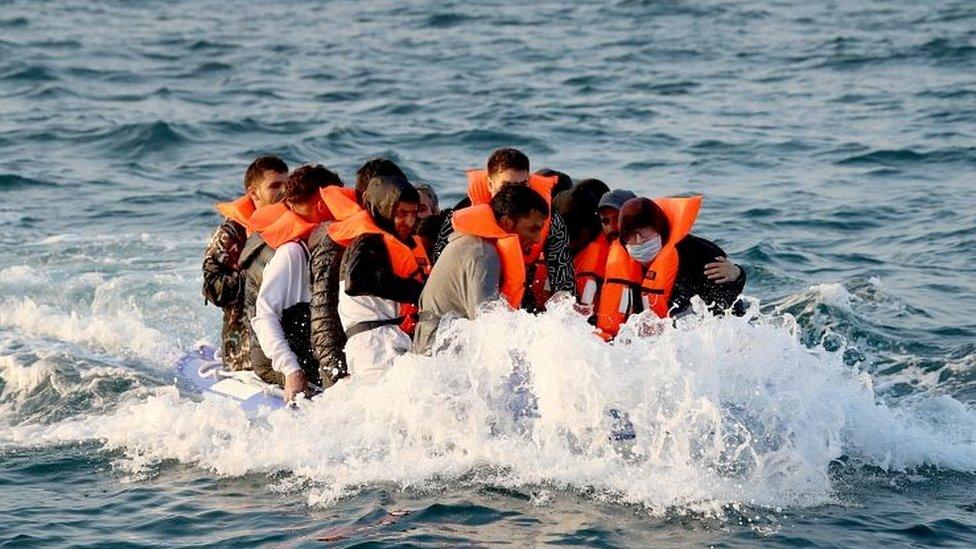
Many people-smugglers send asylum seekers across the Channel in dangerously small boats
The temporary ban on accepting new asylum seekers into Scotland could last for years, the BBC has learned.
Glasgow City Council is the only local authority in the country to take in asylum seekers through the UK government's dispersal scheme.
There are more than 200 asylum seekers living in hotel accommodation across the city due to insufficient housing.
Council leader Susan Aitken told the BBC the ban would continue while the scheme was run "on the cheap".
The Home Office said the use of temporary accommodation was necessary to manage increased demand and it encouraged other local authorities to take part in the programme.
Glasgow City Council announced the temporary ban in July last year to "ease pressures" after a mass stabbing at a city centre hotel which was being used as asylum accommodation.
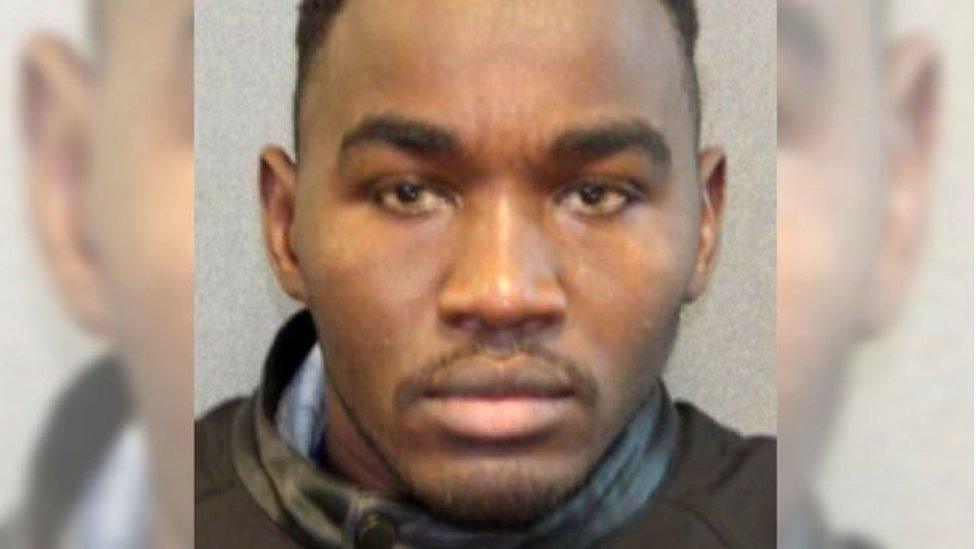
Badreddin Abadlla Adam was shot dead by police after attacking six people
Suspect Badreddin Abadlla Adam was shot dead by police after six people, including an officer, were wounded during the incident at the Park Inn on West George Street.
Concerns had been repeatedly raised over living conditions in the hotels, which charities said did not meet the needs of vulnerable people - some of whom were pregnant women, children and trafficking survivors.
A press conference held by Positive Action in Housing heard that many asylum seekers claimed to have no windows and no fresh air in their rooms.
They also said they had been in a dire mental health situation.
Cllr Aitken told the BBC's Disclosure programme this was the point when the council realised the situation was "not manageable" and was "getting to the point of not safe".
Footage posted online showed a major police response in Glasgow city centre
An agreement was then reached between the council, the Home Office and housing provider Mears Group to stop sending asylum seekers to Glasgow.
Questioned on when the ban will end, Cllr Aitken said: "I don't think it's this year and it's possibly not next year - certainly while we still have asylum seekers accommodated in hotels in the city, which is something that we have always been very opposed to in Glasgow."
Run 'on the cheap'
The decision to place people in hotels during the pandemic was approved by the Home Office, but the idea came from Mears Group - the housing firm contracted by the government to supply accommodation to asylum seekers.
The contract, worth over £1bn, states that Mears must provide "safe, habitable, fit for purpose" shelter.
Steve Robbins, regional head of operations in Scotland for Mears, said the number of people seeking asylum support in Glasgow "grew exponentially overnight" when the lockdown began - and the firm simply "did not have enough accommodation".
As third sector support organisations "locked down", his staff also had to provide a food bank, medical provisions and additional welfare support in hotels.
Mr Robbins said they put people's safety ahead of profit. "To be judged on anything over the last year, is did you keep people safe? And I can categorically say we did," he added.
He said people would be moved out of temporary accommodation in hotels by the end of July, acknowledging the firm has missed previous deadlines over the course of the pandemic.
The Home Office said it recognised that hotel accommodation could only ever be a short-term solution and it had reduced the number of hotels in use in Glasgow from six to three.
However Cllr Aitken said the council believes Mears is running the operation "on the cheap" and there was more property available - just at a higher cost.
She said it was a "political decision" by the UK government to continue running asylum accommodation as a privatised service.
She said: "We believe that Mears should be looking for accommodation in parts of the city where they won't go just now, I believe, because they think that the rents are too high.
"They tend to go to the parts of the city that have the lowest rents.
"We do not think [hotels] is appropriate accommodation, and we do not think it should be long-term.
"It is, and must always be thought of, as a temporary emergency response - that emergency response has now gone on far too long, for far too many asylum seekers."

Trauma at each turn
From Yemen to Glasgow: Inside the UK asylum system
Fearing for his life, Ali fled to the UK from war-torn Yemen and is currently claiming asylum in Glasgow.
The 4,000-mile journey took him nine months to make, during which he slept in forests, on roadsides and even in prison.
He has been filming a video diary to show the inside of the UK asylum system and on good days, can be seen enjoying the city's parks.
But at night in his small room he is often plagued by thoughts of his loved ones drowning, having watched eight of his friends die after a boat they were travelling on capsized on the Danube River in Romania.
Returning back to Yemen would be like giving his family a "death sentence", he says.

The BBC has spoken to a number of asylum seekers who knew Badreddin Abadlla Adam, who they say was terrified of catching Covid. People said he was withdrawn, agitated and paranoid, and self isolated in his hotel room - where he had been for three months.
His story is not the only tragedy to emerge from the UK's asylum system since the start of the pandemic.
In May last year, 30-year-old Adnan Walid Elbi - who had fled his home in Syria after being tortured - was found dead from a drugs overdose in his room at McLays Guest House.
The cause of death was marked as "unascertained".
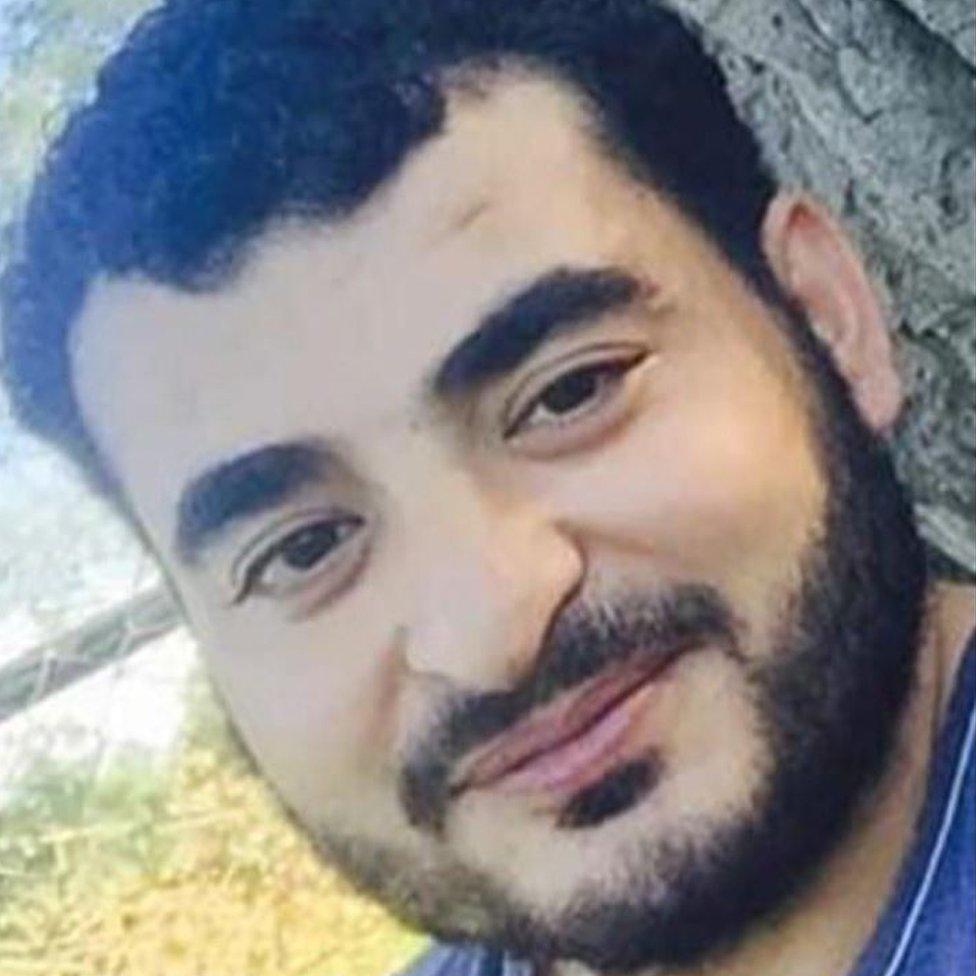
Adnan Walid Elbi was found dead in his room at McLays Guest House
Glasgow MPs have called for an inquiry into the deaths while campaigners want the temporary accommodation issue to be investigated independently.
Given the circumstances surrounding the stabbing at the Park Inn, Cllr Aitken believes it was "probably predictable".
She said: "I'm deeply concerned. I think a lot of people drew conclusions very quickly, without knowing all of the facts involved.
"Nonetheless, that kind of pressured and stressful situation was created for people who are already traumatised and living with stress. I think we probably do have to assume that it's as at least a factor, and it's a problem."
'Decisive action'
Mr Robbins said Mears takes no responsibility for the death of Mr Elbi and that both men were given support when it was asked for.
He said: "There's a lot I can't say because there are still legal matters in place. Supporting Adnan in the hotel provided an opportunity to give him more intense support.
"There was an ask for help, I can't talk about what conversations happened between the NHS and Adnan but I'm satisfied that when that ask for support was made, my staff made that happen.
"We were very aware of Badreddin and his challenges. At every turn when support was required, we made sure that happened."
A Home Office spokesperson said: "Throughout the pandemic we have taken decisive action to provide accommodation for everyone claiming asylum in the UK who needs support, including those whose claims have been refused.
"Our new plan for immigration will reform the broken asylum system; allowing us to welcome people through safe and legal routes, while preventing abuse and pressure of the system and the criminality associated with it.
"Temporary accommodation, which is paid for by the taxpayer, is necessary to manage the increased demand while we work with local authorities to secure more accommodation. We are grateful to Glasgow City Council for their contribution to this effort and would encourage other local authorities in Scotland to participate."
You can watch more in Disclosure's Desperately Seeking Asylum on BBC One Scotland on Tuesday at 21:00.
Related topics
- Published27 June 2020
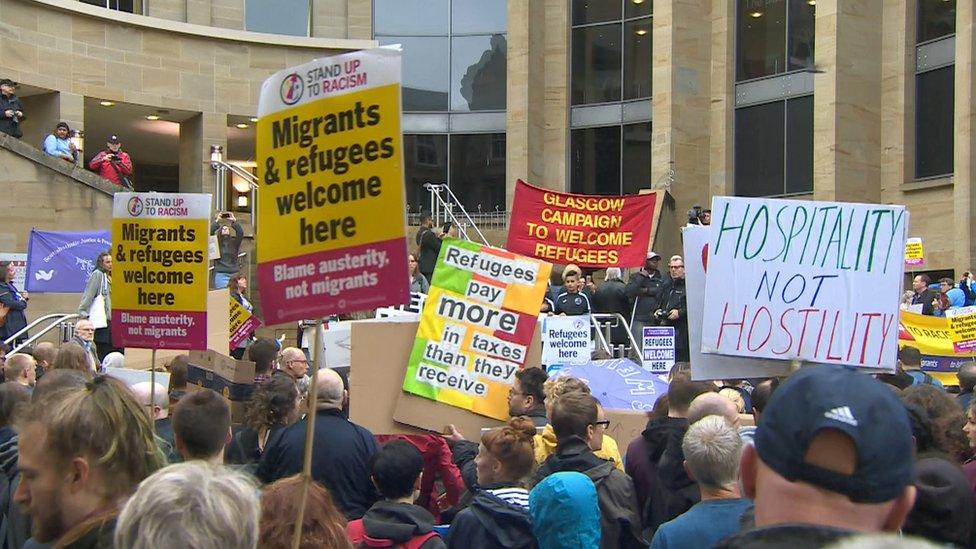
- Published21 September 2020
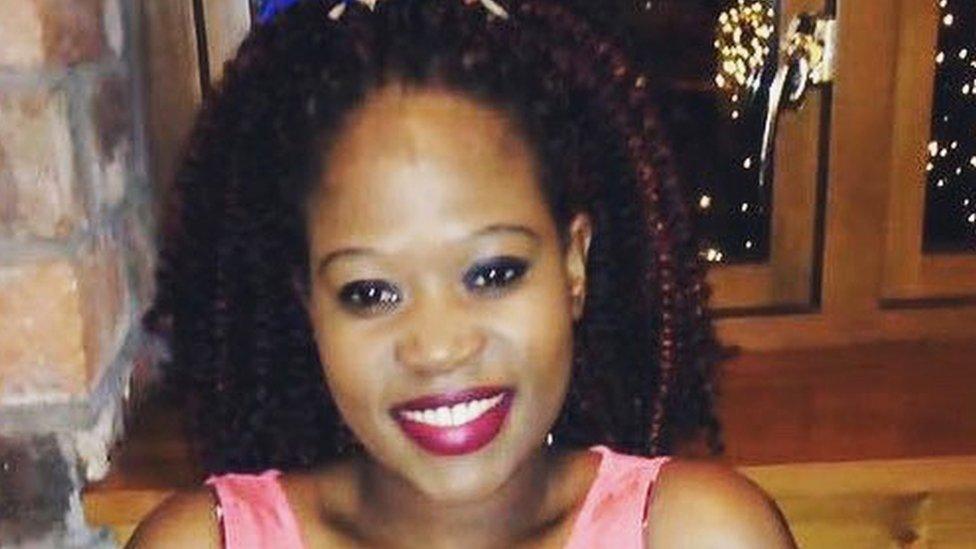
- Published29 June 2020
